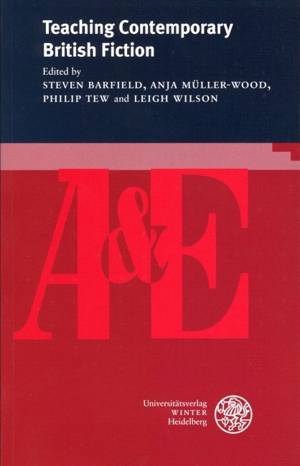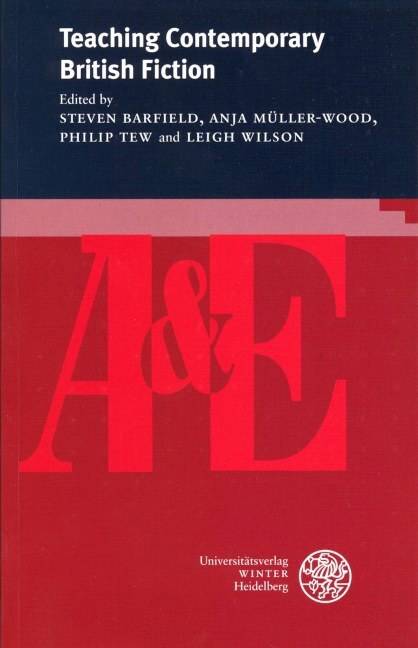
- Afhalen na 1 uur in een winkel met voorraad
- Gratis thuislevering in België vanaf € 30
- Ruim aanbod met 7 miljoen producten
- Afhalen na 1 uur in een winkel met voorraad
- Gratis thuislevering in België vanaf € 30
- Ruim aanbod met 7 miljoen producten
Zoeken
Teaching Contemporary British Fiction
€ 24,95
+ 49 punten
Omschrijving
While teaching is increasingly on the agenda for higher education administration and funding bodies, the overwhelming trend here is towards generic pedagogic practices with little sensitivity to discipline-specific questions. Although in literary studies a debate around this question is beginning, on the whole it remains too separate from the questions which really fuel the field. Based on a one-day conference, Teaching Contemporary British Fiction, organized by the UK Network for Modern Fiction Studies in conjunction with the University of Westminster in May 2004, this collection tackles the underdiscussed issue of literature pedagogy by focusing on the teaching of contemporary British fiction. Dealing with a broad range of literary texts as well as with crucial issues and problems involved in teaching them, the contributions address not only the salient and current debates in the discipline (e.g. the role and identity of the academic teacher or the question of canon formation) but demonstrate the didactic dimensions of contemporary British fiction by making practical suggestions on teaching it.
Specificaties
Betrokkenen
- Uitgeverij:
Inhoud
- Aantal bladzijden:
- 210
- Taal:
- Engels
- Reeks:
- Reeksnummer:
- nr. 69
Eigenschappen
- Productcode (EAN):
- 9783825352882
- Verschijningsdatum:
- 2/01/2007
- Uitvoering:
- Paperback
- Formaat:
- Trade paperback (VS)
- Afmetingen:
- 134 mm x 210 mm
- Gewicht:
- 2568 g

Alleen bij Standaard Boekhandel
+ 49 punten op je klantenkaart van Standaard Boekhandel
Beoordelingen
We publiceren alleen reviews die voldoen aan de voorwaarden voor reviews. Bekijk onze voorwaarden voor reviews.










